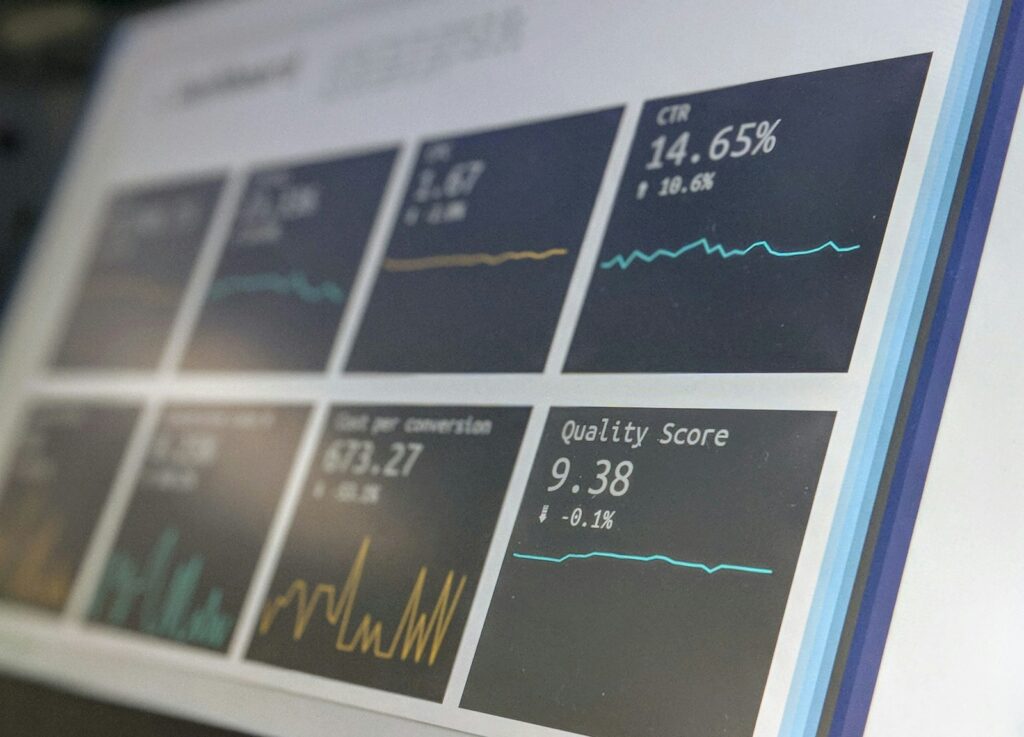Overview Of Course
The “Basics of C++” and “Introduction to Python” courses offer a comprehensive foundation in programming. The C++ section covers variables, data types, operators, expressions, input/output functions, control structures, functions, arrays, strings, pointers, references, structures, unions, and object-oriented programming, with additional focus on exceptional handling and file handling. The Python section begins with setting up the environment, basic syntax, and operations, then progresses to control structures, functions, data structures, modules, packages, file handling, and error handling. It also delves into object-oriented programming and working with libraries. These courses are designed to equip learners with essential programming skills and knowledge for practical application in various projects.
Learn Python
Learning Python is an excellent step for anyone interested in programming. Begin by understanding Python’s basic syntax and operations, which are straightforward and user-friendly. Set up your environment using tools like Anaconda or simple text editors. Master control structures such as loops and conditionals to build logic into your programs. Functions will help you write modular, reusable code. Learn about essential data structures, including lists, dictionaries, and tuples. Dive into modules and packages to extend Python’s functionality. Practice file handling for reading and writing data, and understand error handling to manage exceptions. Finally, explore object-oriented programming and various libraries to enhance your Python skills.

Duration:
2 Months
Description:
The “Introduction to Python” course provides a comprehensive foundation in programming. It starts with setting up the development environment and understanding the basic syntax and operations of Python. The course covers essential control structures, including loops and conditionals, and introduces functions for modular programming. Learners explore various data structures like lists, tuples, and dictionaries, along with modules and packages for organizing code. File handling techniques for reading and writing files are taught, as well as error handling to manage exceptions. The course also delves into object-oriented programming (OOP) principles and working with libraries to extend Python’s capabilities. This structured approach ensures a solid understanding of Python programming.
